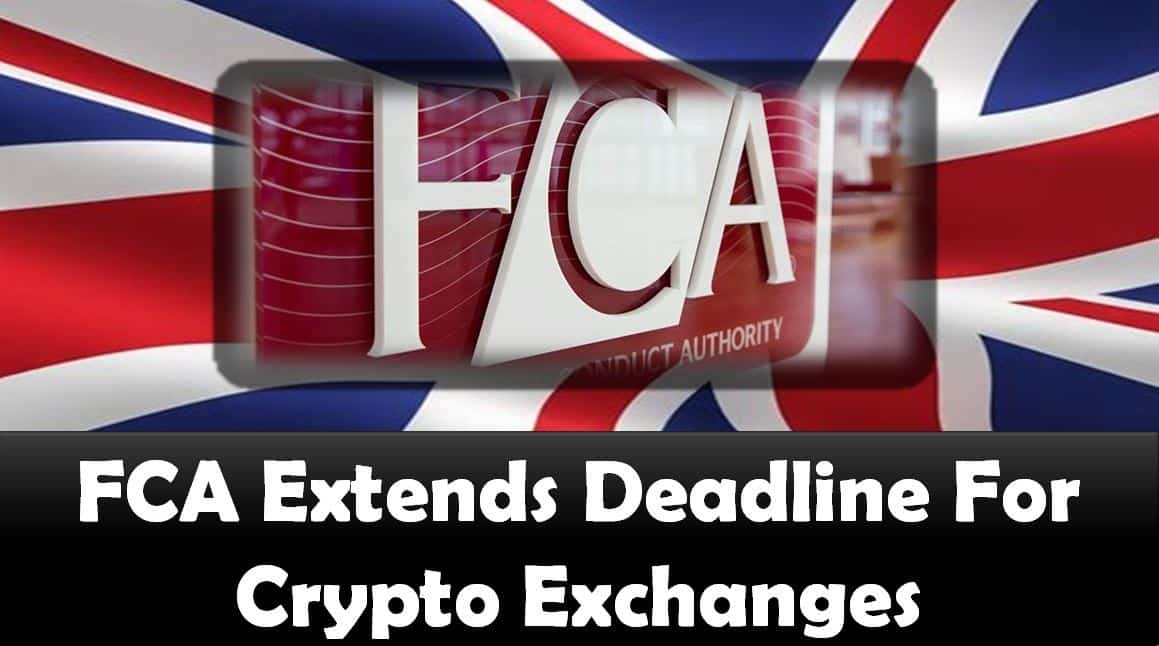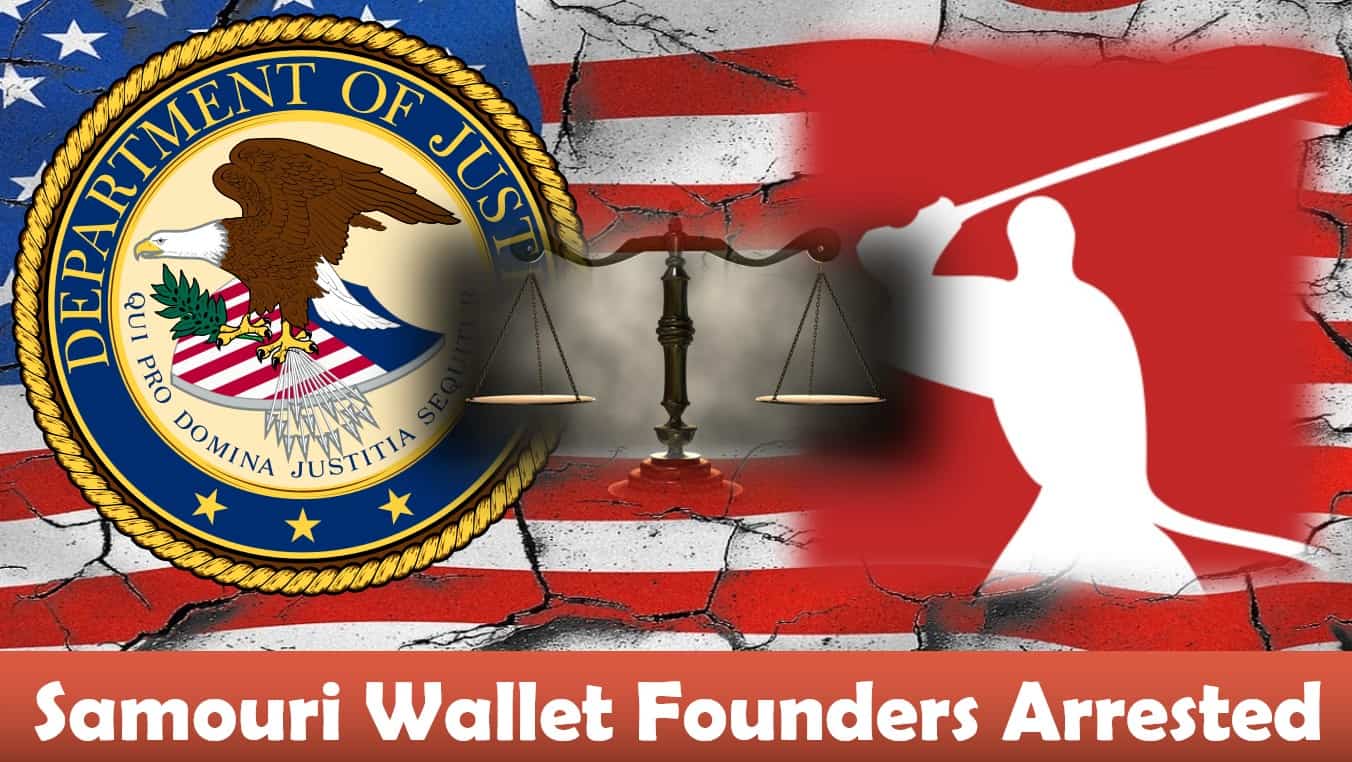
FCA Extends Deadline For Crypto Exchanges
Last updated on November 1st, 2022 at 12:37 am
The Financial Conduct Authority (FCA) has yet again extended the Temporary Registrations Regime (TRR) deadline for crypto firms. The end date has been pushed from July 9, 2021, to March 21, 2022.
The TRR was established in December 2020 and focused on allowing the existing crypto firms whose application was still pending to continue their operations.
It will not be the first time that this deadline is being pushed. The initial deadline had been set to January 10, 2021 and later pushed to July.
According to the financial regulator, many firms were yet to meet the threshold for compliance with the anti-money laundering guidelines. Moreover, “an unprecedented number” of digital asset firms were withdrawing their submissions because of failing to comply with the regulation.
By extending the date, digital asset firms will manage to conduct their businesses while the financial regulator tightens the regulatory framework and ensures all guidelines are adhered to.
Last week, John Glen, an official of the U.K. Treasury, stated that over 90% of firms had withdrawn their applications for approval following the FCA’s vigilance to regulate the crypto market. He also added that the major problem was the failure of crypto firms to hire the right personnel to help in enforcing AML processes.
FCA Crypto Regulations
The FCA will only approve the registration of firms when it is confident that all the guidelines have been met and that the firm has put in place the necessary measures to prevent the use of digital assets for money laundering.
However, some people believe that the FCA is silently fighting the crypto sector.
Last week, Glen stated that 167 crypto firms had lobbied their submissions and to date, only five firms have been registered to operate in the U.K. The registered firms include two firms associated with Gemini, Archax, Ziglu and Digivault.
Individuals who have been through the rigorous registration process at the FCA have stated that the regulator did not have adequate resources and the expertise needed.
The indecisiveness of the watchdog has even made several firms intervene, seeking a ‘safe space.’
In March, CryptoUK, a lobby group based in Britain, called on the country’s finance minister, Rishi Sunak, to intervene in the tough crypto regulatory space.
However, the regulations that the FCA can provide in the crypto sector are limited. While it may issue guidelines to curb money laundering and terrorism financing through digital assets, the watchdog can do very little to protect investors.
Crypto assets are highly volatile and their values can depreciate rapidly. Therefore, even if a firm is registered with the FCA, the regulator cannot guarantee that investors will not lose their money.
In an earlier statement, the regulator stated that
“Even if a firm is registered with the FCA, it is not responsible for making sure crypto-asset businesses protect client assets (i.e., customers’ money), among other things.”
The risky nature of crypto assets means that investors who venture into the market should be ready to lose all their investments. Investors who lose money due to crypto volatility are highly unlikely to be enrolled in the U.K. Financial Services Compensation Scheme even if the firm is duly registered.
Disclaimer
The information provided here is for INFORMATIONAL & EDUCATIONAL PURPOSES ONLY!
View our complete disclaimer on our Disclaimer Page







